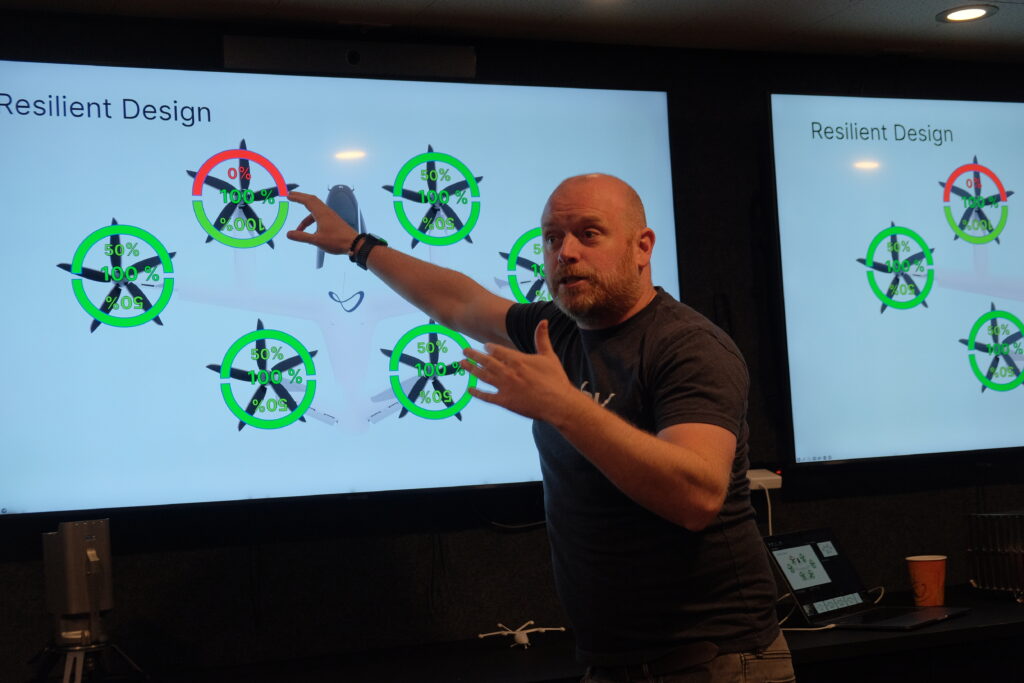After Transportation Cut, Queens Senior Centers Worry for Health of Members Left at Home
By Celia Bernhardt | cbernhardt@queensledger.com
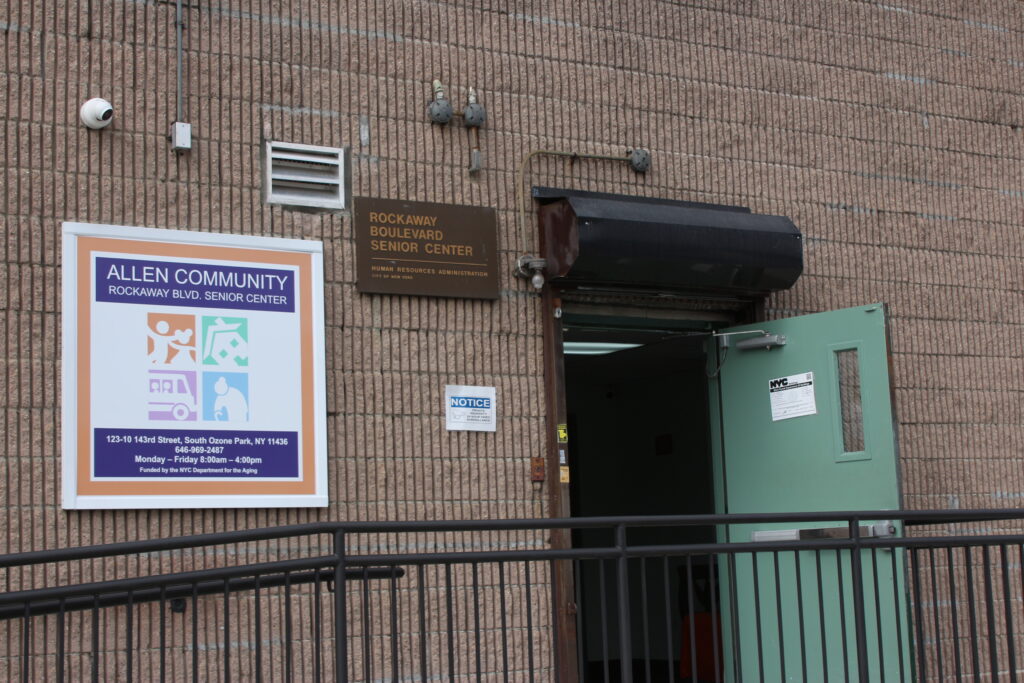
Allen AME’s center in South Ozone Park. Credit: Celia Bernhardt
“You go to some centers, it’s either bingo all day long or whatever. We’re not like that here,” member Donna Johnson says of Allen AME’s senior center on Rockaway Boulevard in South Ozone Park.
On a Monday morning at the center, music from a radio spills out into the hallway. While seniors play pool in one room, they follow along with an exercise video in another. Members say that puzzles, jewelry making, sewing, and hot meals are just a few of the other benefits they can rely on at the center.
“We like to keep active. Most of the people here are retired people — you worked all your life, you want to come out and socialize with other people,” Johnson says.
But in recent months, at least 10 seniors in the lively community have been noticeably missing. Johnson says these members had been reliant on rides from Cathay, a transportation provider that abruptly reduced its services two months ago.
A quiet change in a contract and an apparent breakdown in communication has left approximately 100 seniors without rides to and from Older Adult Centers in Southeast Queens. Now, seniors and staff alike say they’re worried that those who can no longer make it to the centers could suffer cognitive and physical decline.
“Some people were getting early signs of dementia,” Veronica Ralph-Munro, a member the Rockaway Boulevard center, said. “That’s why people who knew them wanted them to come out…they’re gonna decline more because they’re stuck in a house.”
A bullet point and budget shortfall
Cathay Express Transportation, contracted by the city’s Department for the Aging, announced a sudden reduction in the services at the end of last year for senior centers including Allen AME and Alpha Phi Alpha. While rides to and from medical appointments and errands are still available through the provider, trips between senior centers and homes — which scores of seniors had relied on — are not.
THE CITY reported last Thursday that the change can be attributed in part to a bullet point in an addendum to a request for proposal. In previous years, regular rides between centers and seniors’ homes were a standard duty for transportation contractors assigned to serve OACs in a given region. The addendum, however, stated that such rides were “not the intent” of the program. “Standalone” rides to medical appointments and errands, or group day trips for senior centers, were to be the focus.
Those were the terms of a service that Cathay began providing in July 2023. But for the first six months of the contract, things seemed to be operating as they always had for Allen AME and Alpha Phi Alpha.
Alpha Phi Alpha Director Melissa Marcus said that Cathay sent flyers detailing their services at the beginning of the term. The flyers didn’t mention home-to-center transport one way or another, citing only standalone rides. Still, she said, Cathay didn’t hesitate to offer those rides when asked.
“We called them about doing pickups…Didn’t have a problem,” Marcus said. “Different days, different times, they were very good with scheduling everything.”
Three months into the contract, Cathay requested that the list of Alphi Phi Alpha seniors receiving daily rides be reduced from 40 to 20, and that seniors reimburse Cathay for rides they had taken over the previous three months. Marcus said she complied with the first request, but flatly refused the latter, offering to brainstorm other solutions with Cathay.
The next indication that something had gone wrong was the massive service reduction itself.
Marcus said she received three phone calls in the course of one Friday afternoon before Christmas: the first stating that home-to-center services were ending, the second stating that the first call had been a misunderstanding, and the third reiterating the message of the first call.
Executive Director of Allen AME Community Non-Profit Programs Donna Atmore-Dolly, meanwhile, received an email on January 5 titled “Dept. of Aging Budget Constraints.”
“We regret to inform you that due to budgetary constraints imposed by the Department of Aging, we are currently experiencing limitations in accommodating trips for our senior members,” the email read. “Despite our meticulous planning to ensure adequate funding throughout the year, we have unfortunately reached the end of our budget.”
Cathay did not respond to requests for comment from the Queens Ledger.
DFTA representative Gregory Rose, in an email to the Queens Ledger, said that the amount of money in Cathay’s rate-based contract had been running out. “To make sure they could still provide the service as stated in the RFP, we discouraged use of travel to and from older adult facilities through Cathay and encouraged them to use alternative modes of transportation,” Rose wrote.
“I just stay in my house”
Johnson, Ralph-Munro, and multiple others agreed that at least 10 members had stopped coming in due to the lack of transportation. Still more have reduced the number of days per week they come in.
“We miss their company. They’re important when we’re having discussions,” Ralph-Munro said.
Program Manager Sabrina Marson agreed that the center’s numbers are lower because of the change, adding that the cold weather worsens matters for seniors facing the prospect of waiting outside for less-reliable transit options like city buses.
Marcus reported similar numbers, estimating that 10 seniors at Alpha Phi Alpha have stopped showing up altogether. She shares the concerns of Allen AME seniors about mental decline.
“I get a lot of seniors who tell me, ‘Thank you for providing these services because it’s helping me live longer,’” Marcus said. “So you kind of think when they’re not having the services, they’re deteriorating.”

Left to right: Donna, Evonne, Shirley, Veronica. Credit: Celia Bernhardt
The situation reminds Rockaway Boulevard member Evonne Valere of dark times in recent years. She attributes the death of her peers during the Covid-19 lockdown to the social isolation of staying at home.
“So many people died during the pandemic because we couldn’t come out,” Valere said.
Patricia Thomas has had a particularly difficult time getting to the Rockaway Boulevard center. She lives in Rosedale, far away from most other members, and often has to use Access-a-Ride — or, as she calls it, ‘stress-a-ride.’ On Monday morning, Thomas said, she waited an additional 20 minutes for a van to arrive after being told over the phone it would pick her up by 8:05. Previous commutes have been worse; Thomas says she was once driven to Far Rockaway after asking to go to the center.
“I get to the point when I get aggravated I just stay in my house,” Thomas said.
What’s left
Both seniors and staff at Rockaway Boulevard said on Monday that they had not been aware that they were still able to request standalone rides — for group shopping trips from the center, doctor’s appointments, errands, and more — from Cathay.
“No one had told us that yet, to be honest with you. This is my first time hearing that,” Marson, who began working at the center in January after Cathay’s service reduction, said.
Meanwhile, Marcus reported receiving multiple calls from Cathay in the past two weeks reminding her that such rides were available.
While standalone rides could be helpful, Marson says, the recurring daily rides to and from centers are the ones that really count.
“It’s the daily ones that cost them more money,” she said. “You want to socialize with your friends, you want to come to the center and have fun, but you can’t come all the time because you can’t afford it.”
Members at Rockaway Boulevard agreed that even Access-a-Ride’s cost could add up to be a burden on seniors living on a fixed income.
“Hopefully we can get our transportation, because it’s very important for us,” Rockaway Boulevard member Shirley Phillips said. “We need transportation. We need to come in and communicate with other seniors.”


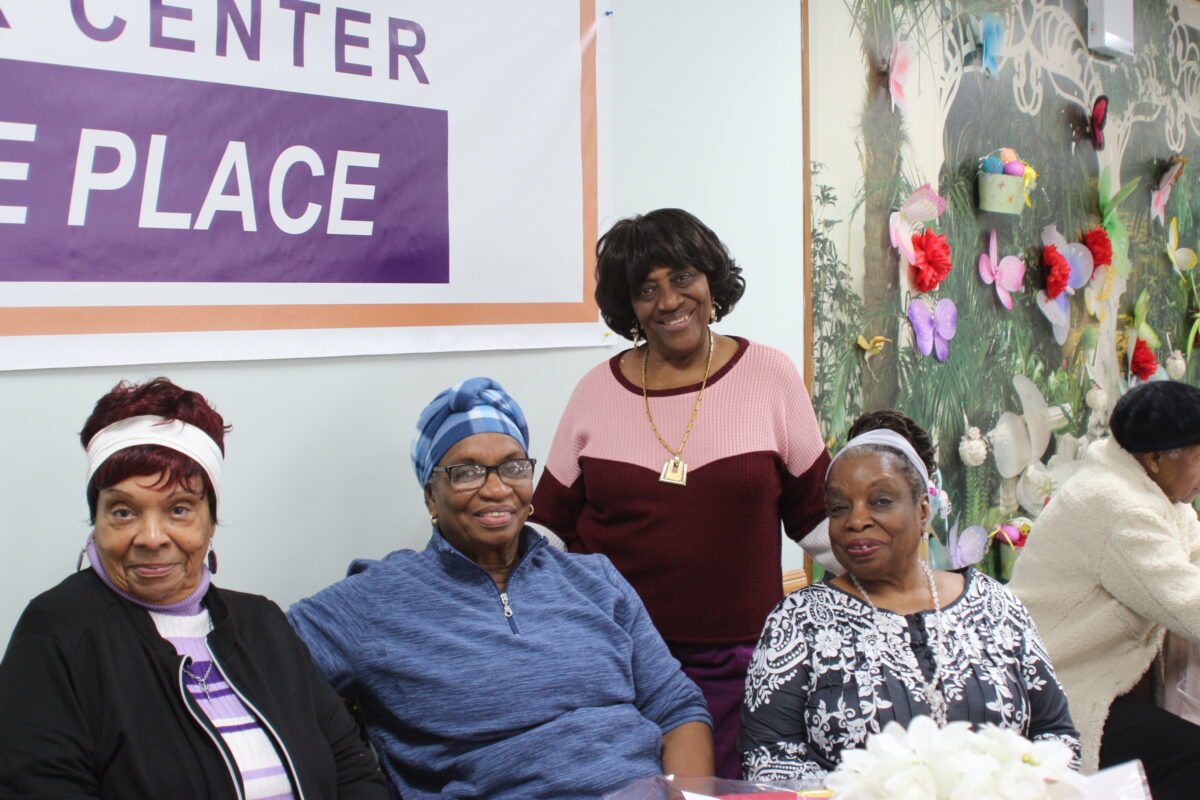

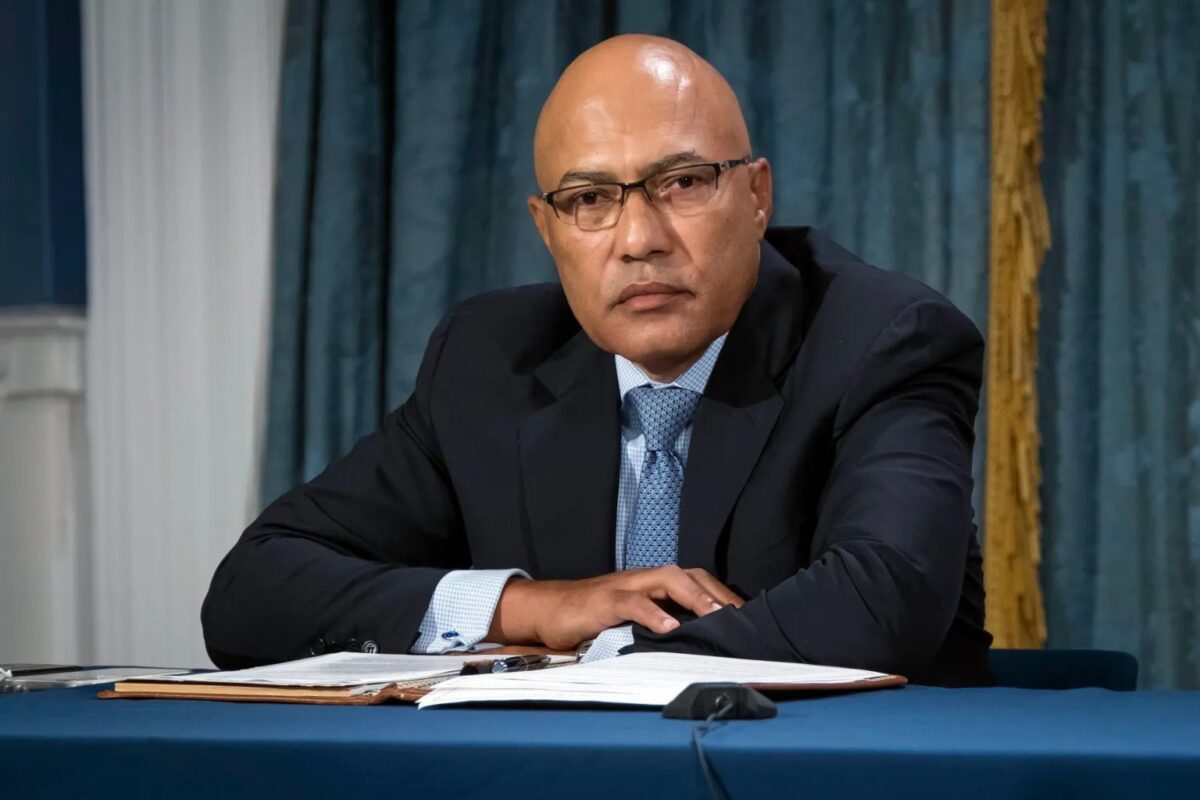
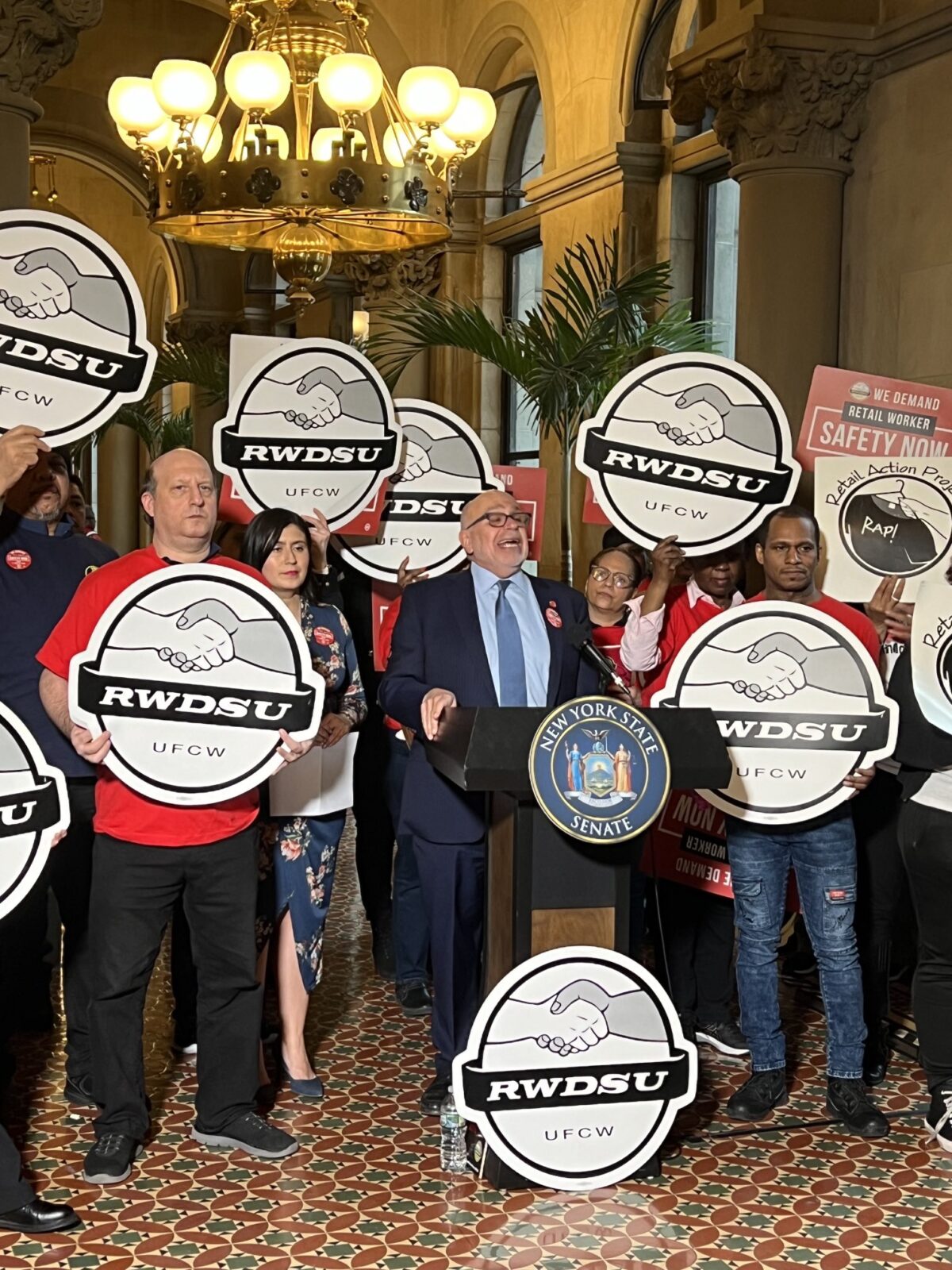
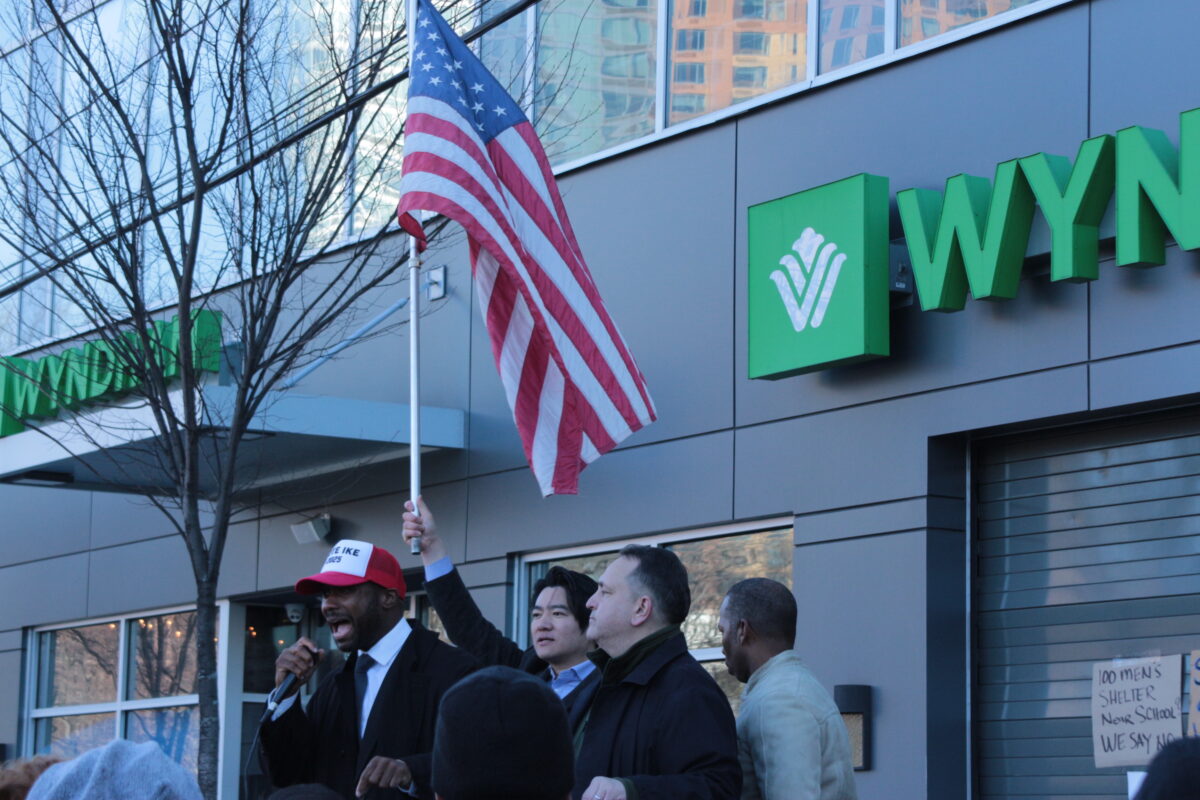
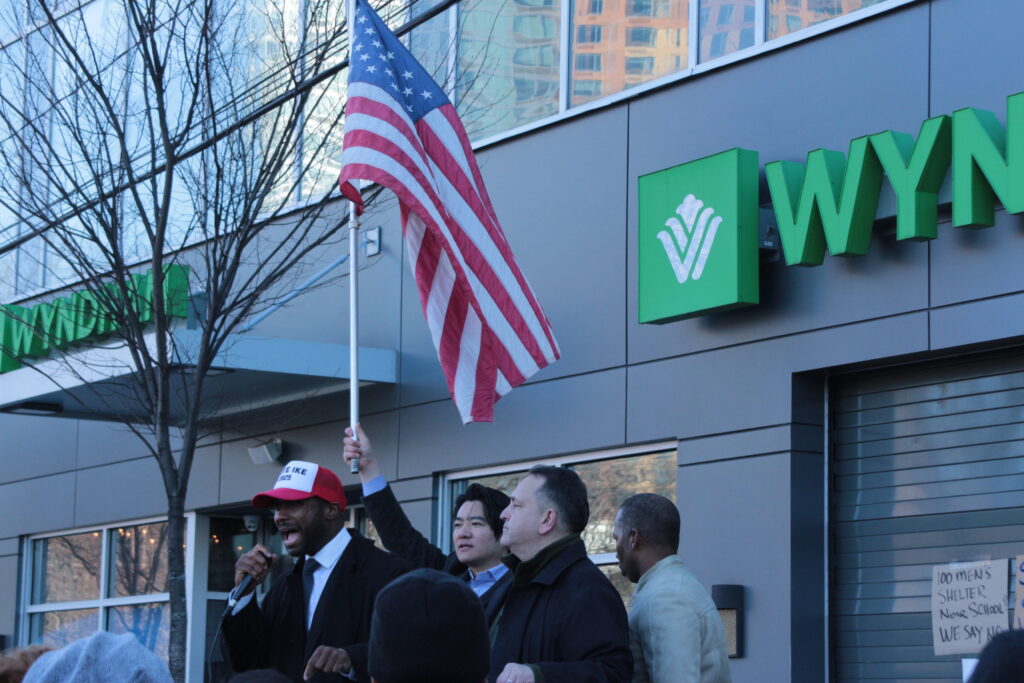
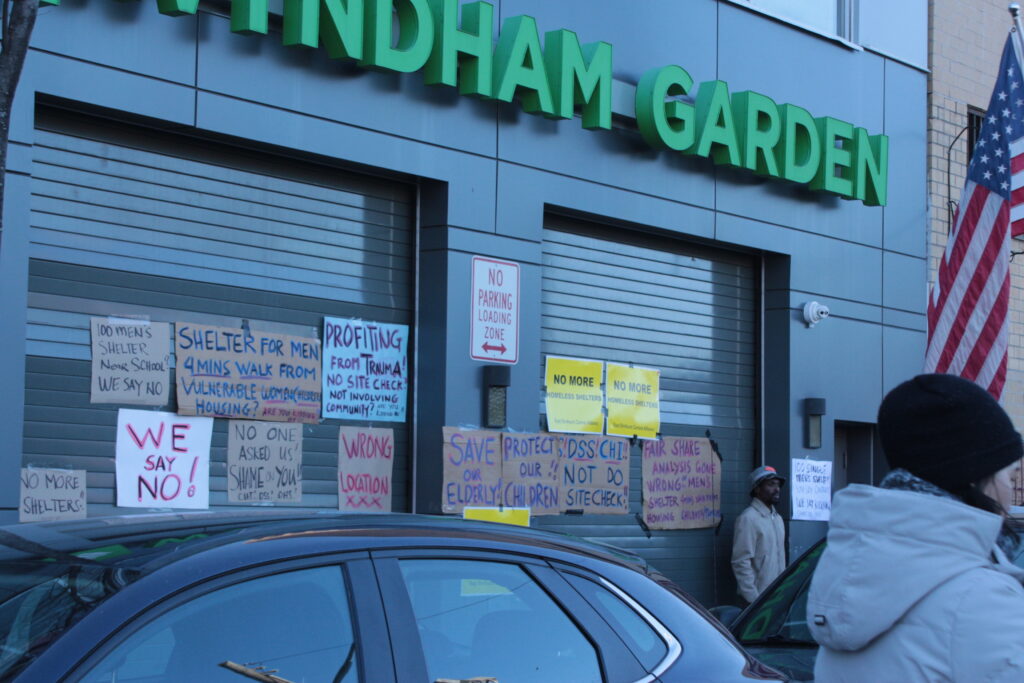
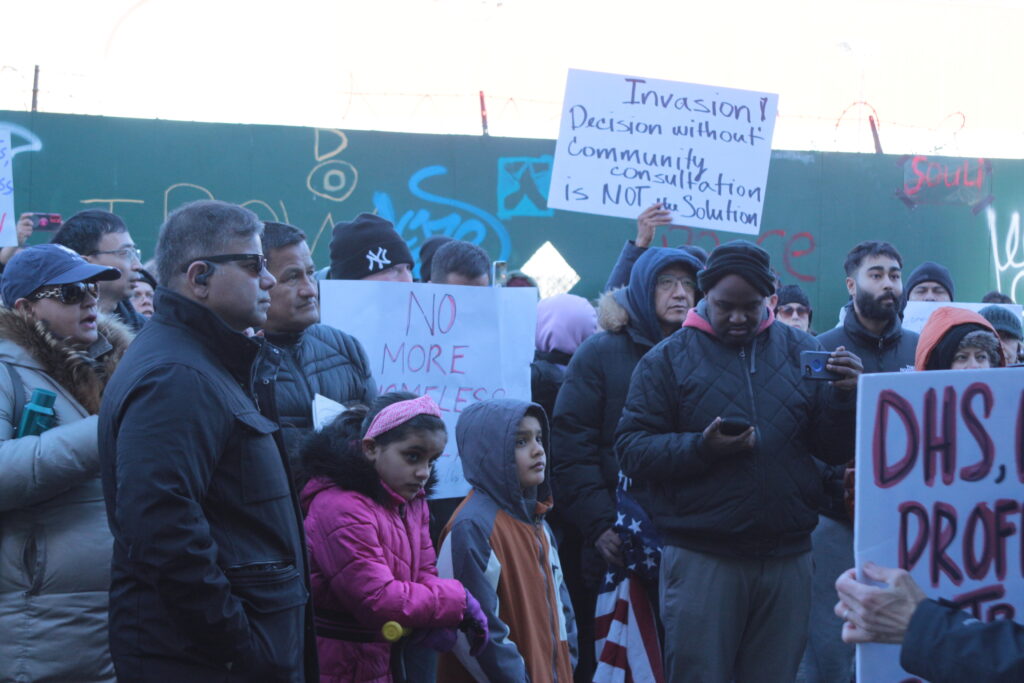
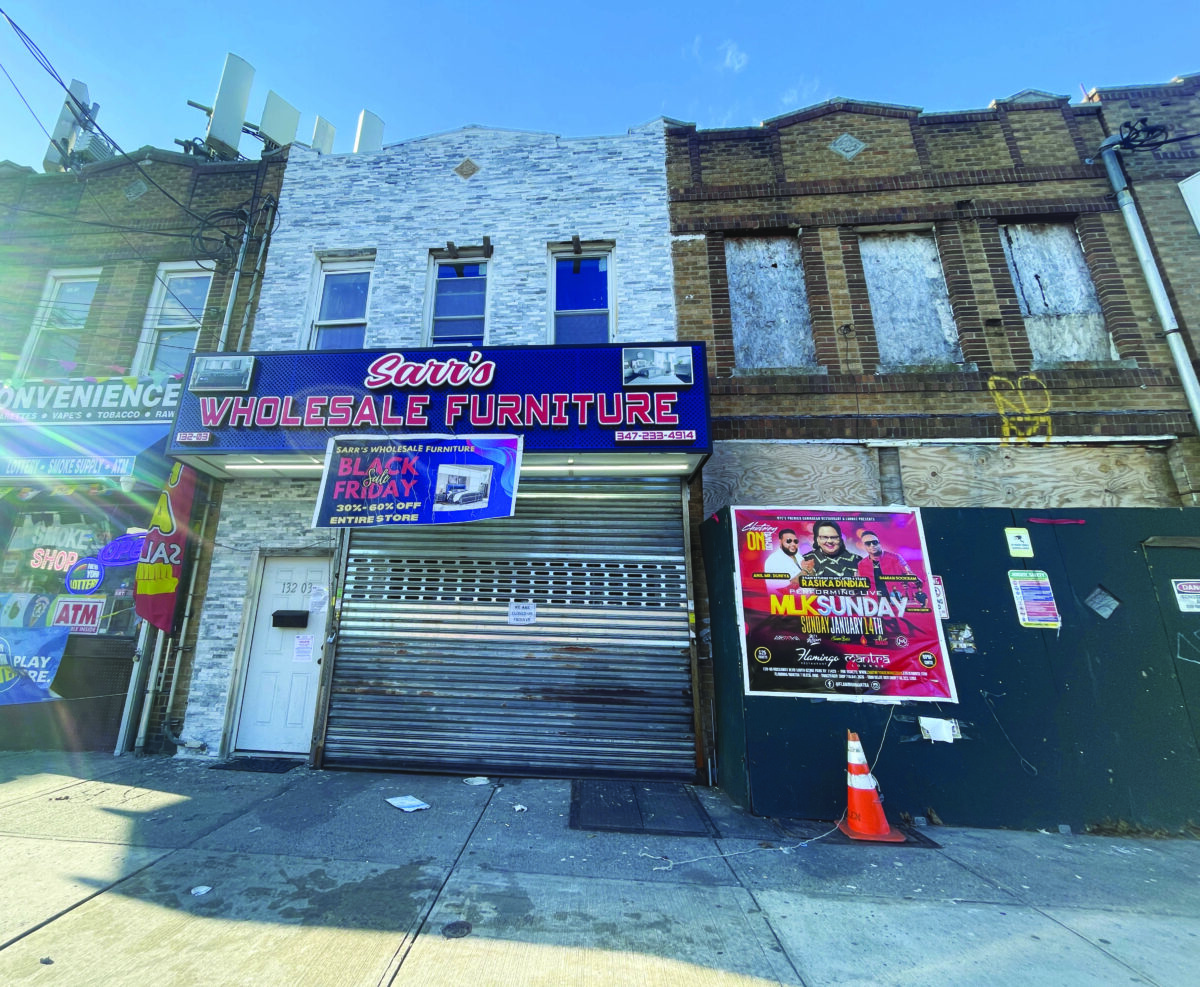
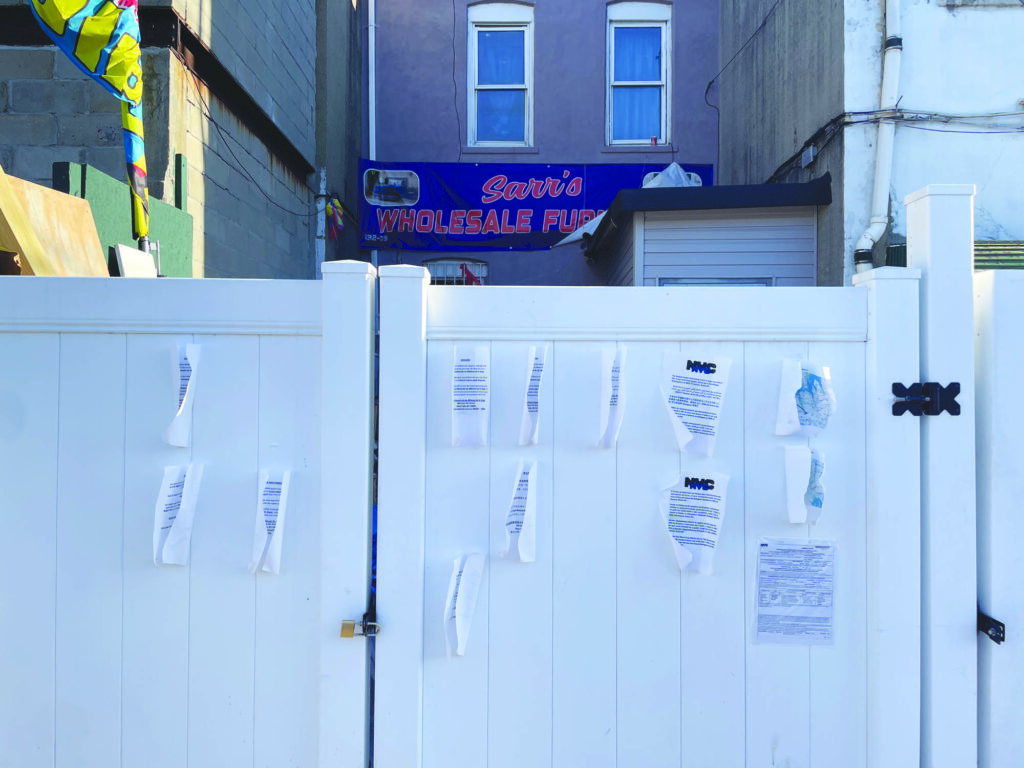
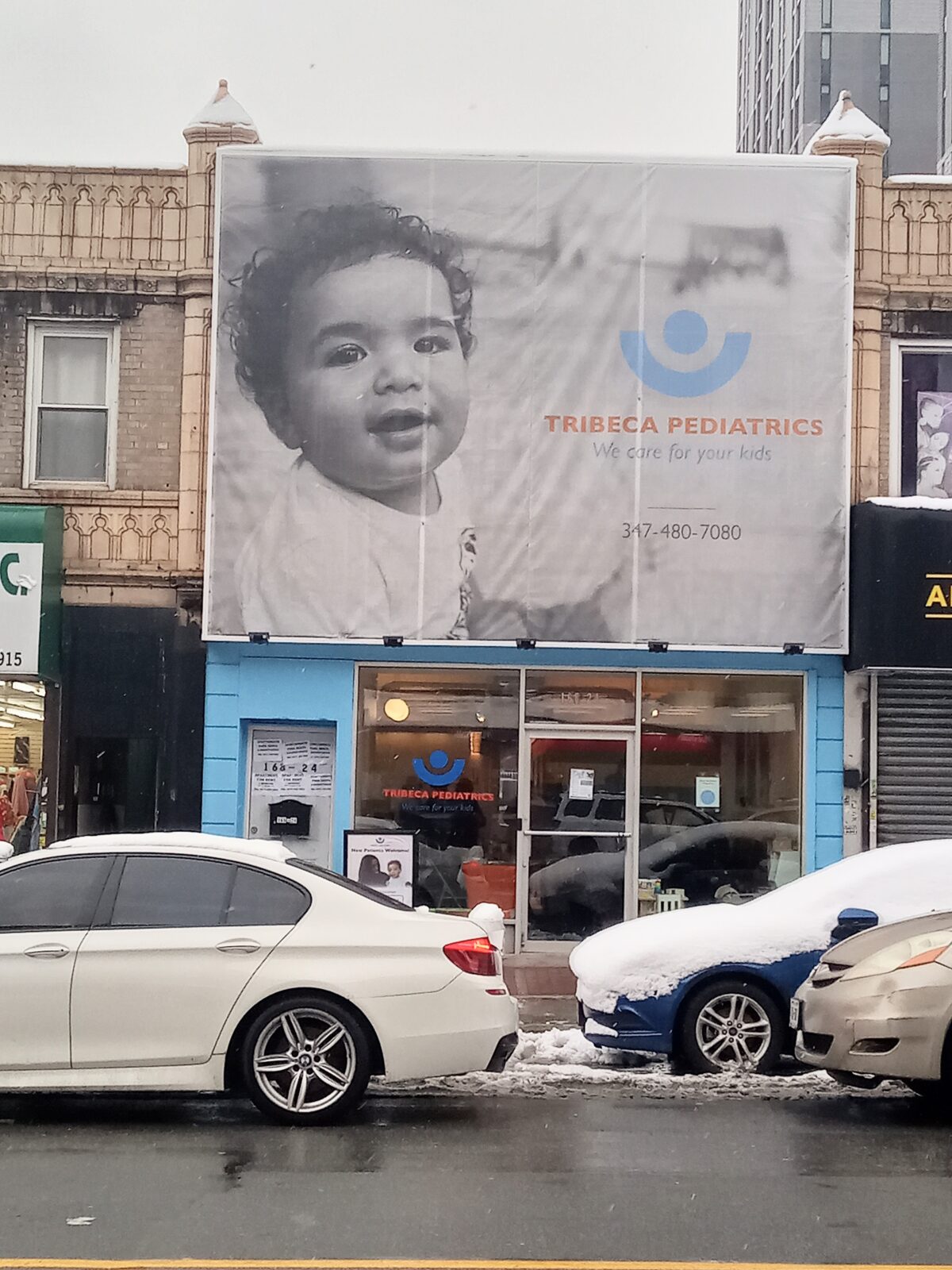
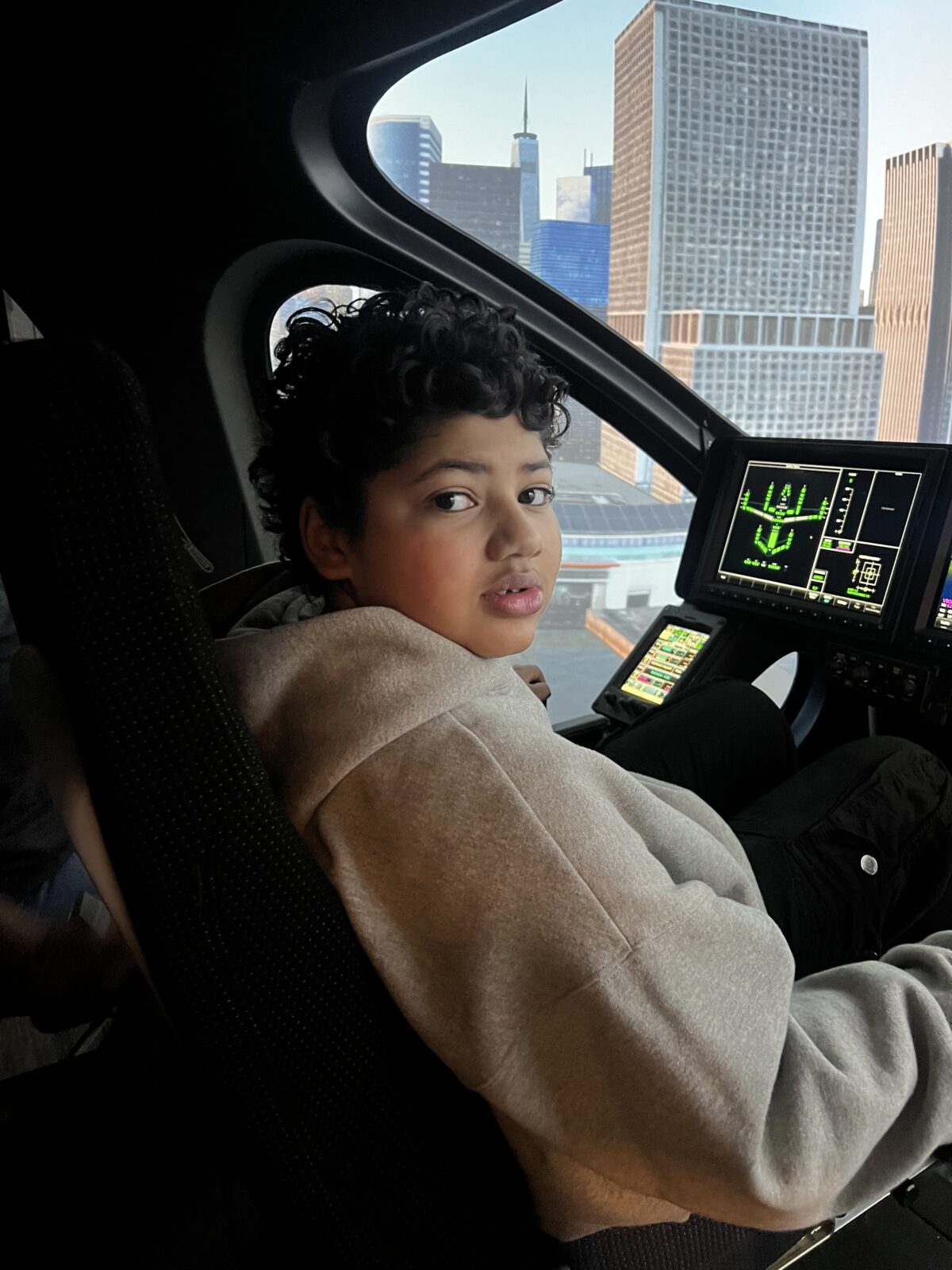
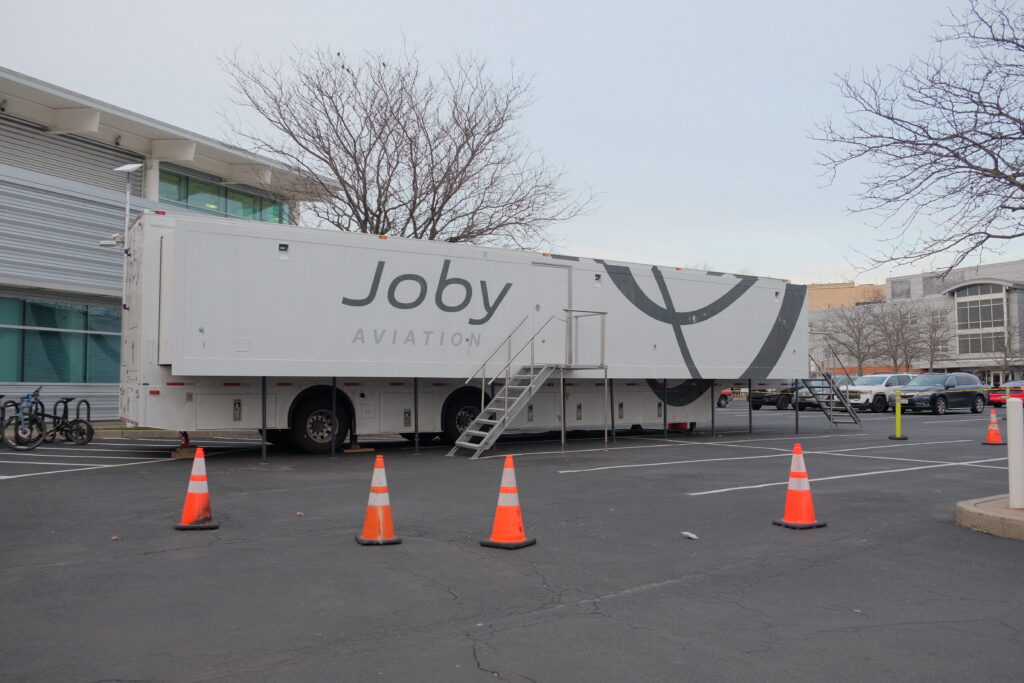
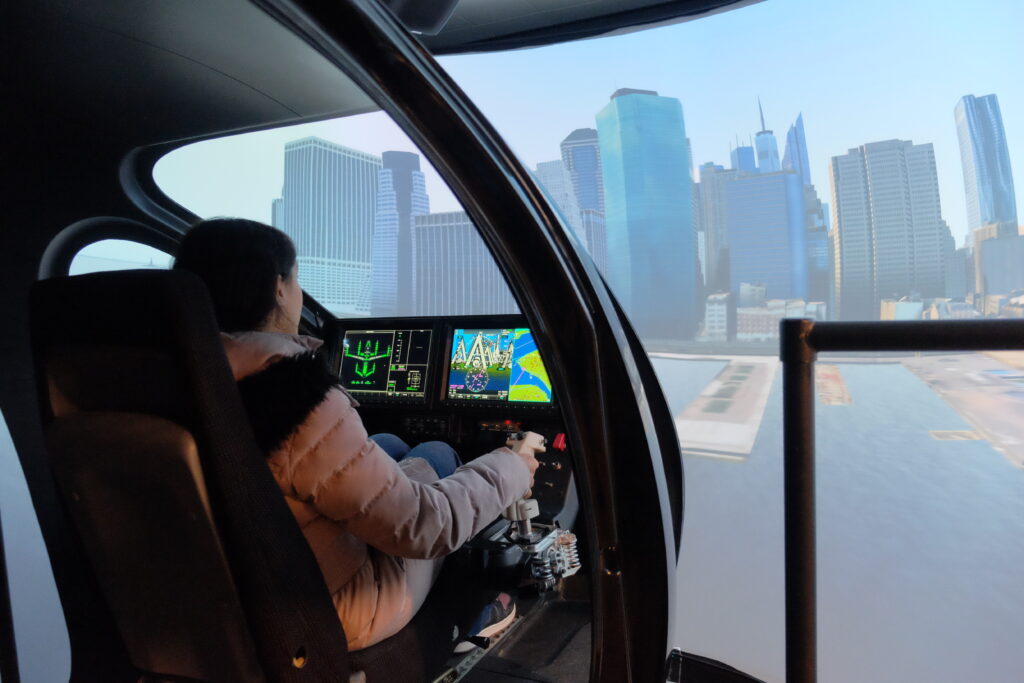 The aircraft borrows inspiration from several forms of air travel, using vertical takeoff that resembles that of a helicopter, forward-thrust gliding travel at speeds around 200 mph similar to a conventional airplane and a visual form factor that may remind many viewers of commercially available drones. The largest influence though, according to Sleeper, is the Bell Boeing V-22 Osprey, an aircraft first used by the American military in 2007 that combines the vertical takeoff and landing functionality of a helicopter with the long-range, high-speed cruise performance of a turboprop aircraft. Both Joby and the Osprey accomplish this with articulating rotors that shift from vertically positioned for lift during takeoff to a frontwards-facing position during flight to achieve smoother and faster flight than a helicopter could ever achieve.
The aircraft borrows inspiration from several forms of air travel, using vertical takeoff that resembles that of a helicopter, forward-thrust gliding travel at speeds around 200 mph similar to a conventional airplane and a visual form factor that may remind many viewers of commercially available drones. The largest influence though, according to Sleeper, is the Bell Boeing V-22 Osprey, an aircraft first used by the American military in 2007 that combines the vertical takeoff and landing functionality of a helicopter with the long-range, high-speed cruise performance of a turboprop aircraft. Both Joby and the Osprey accomplish this with articulating rotors that shift from vertically positioned for lift during takeoff to a frontwards-facing position during flight to achieve smoother and faster flight than a helicopter could ever achieve.